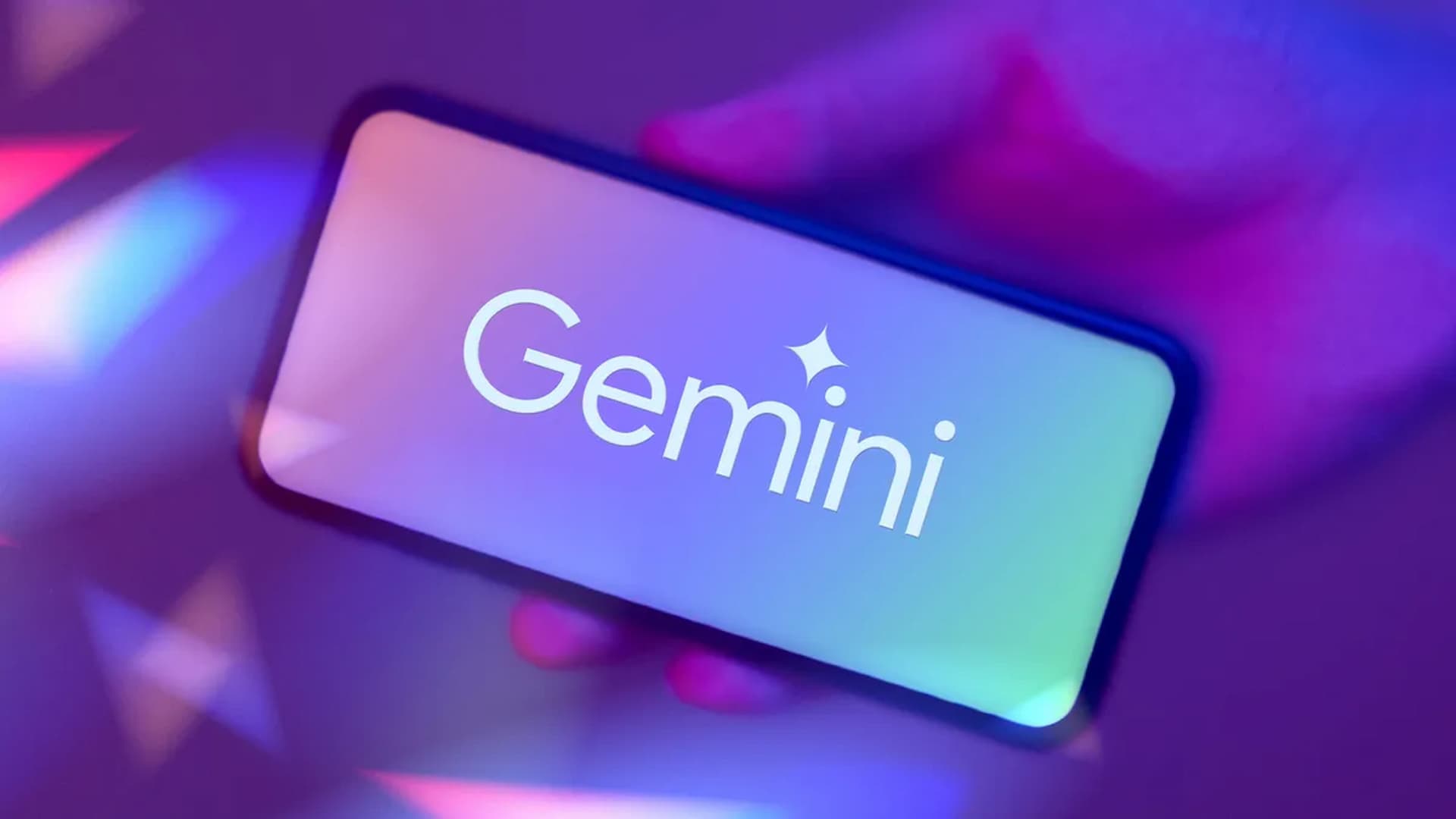Google’s Gemini latest update has sparked a social media craze by allowing users to transform 2D photos into lifelike 3D figurines. The feature, part of Gemini 2.5 Flash Image, has quickly become the standout trend from the update.
Instead of serving as a photo-editing tool, Gemini now helps users turn selfies, portraits, and pet photos into stylized statuettes. The images resemble collectable vinyl or resin figures, with smooth finishes and polished detailing.
The digital figurine trend blends personalisation with creativity, allowing users to reimagine themselves or loved ones as miniature display pieces. The playful results have been widely shared across platforms, driving renewed engagement with Google’s AI suite.
The figurine generator also complements Gemini’s other creative functions, such as image combination and style transformation, which allow users to experiment with entirely new aesthetics. Together, these tools extend Gemini’s appeal beyond simple photo correction.
While other platforms have offered 3D effects, Gemini’s version produces highly polished results in seconds, democratising what was once a niche 3D modelling skill. For many, it is the most accessible way to turn memories into digital art.
Would you like to learn more about AI, tech, and digital diplomacy? If so, ask our Diplo chatbot!










